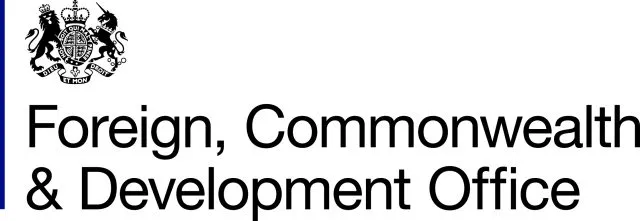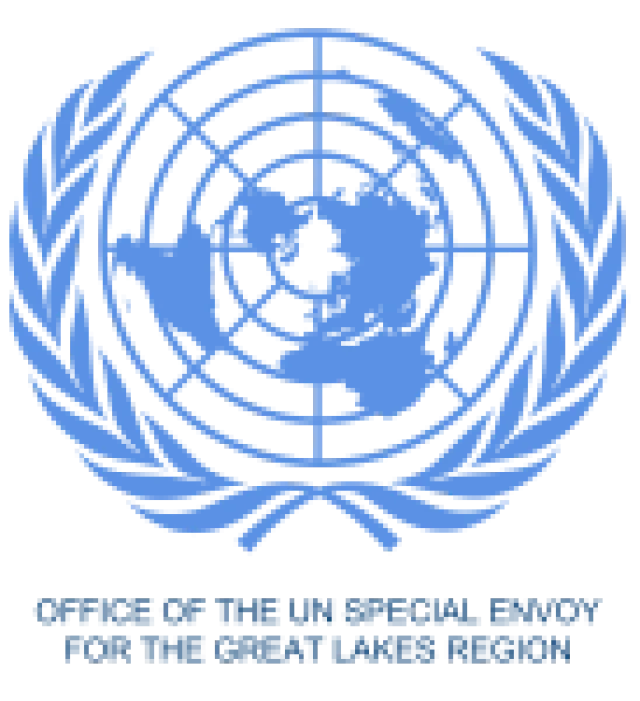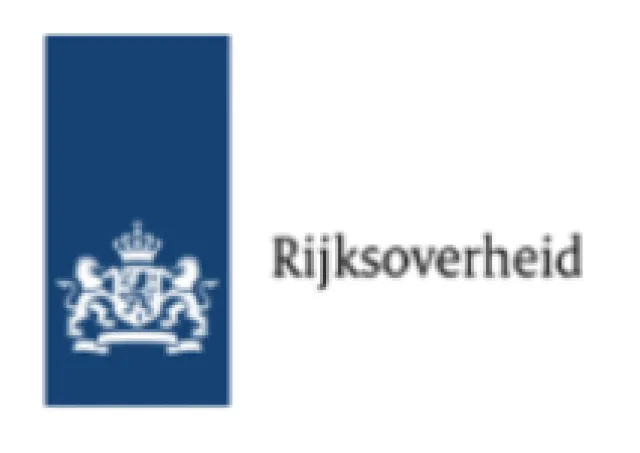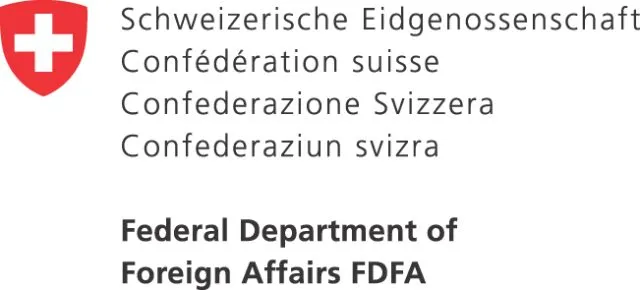The Great Lakes faces complex and interwoven challenges. There are no easy answers. Ultimately, the states and communities of the Great Lakes region need to articulate a shared positive vision for their collective future, offering a new narrative that recognises its progress, potential and interdependence, backed by regional governments that are committed to rebuilding trust and adhering to the agreements they have reached. This would help to attract responsible investment, unlock finance, and challenge the assumptions driving regional contestation. Such a goal could offer an organising principle for further discussion and dialogue.
The Wilton Park roundtable offered a series of practical, achievable steps to help begin the process of building long-term co-operation in the Great Lakes region, and demonstrating to actors both within and outside the region that progress is not only possible – and mutually beneficial – but urgently necessary. These are:
- Building on the workshop with further opportunities to strengthen a network of regional enablers of peaceful progress, through continued dialogue between senior political figures, officials, and representatives of both the private sector and civil society. This would need to address a division of responsibilities between both regional and international actors as an early priority.
- Taking forward work to increase access to reliable information, notably of trade volumes and dynamics, to empower informal-cross border traders, demonstrate the benefits of deeper community engagement in value chains, and combat misinformation driving regional mistrust, particularly through the digitisation of border crossings.
- Offering targeted support to increase and formalise cross-border trade, particularly in relation to infrastructure, access to energy and finance, and take urgent steps to harmonize the regulatory framework for trading, notably tax.
- Piloting collaborative regional sectoral governance, learning lessons from the Congolese copper-belt, to maximise local value addition and benefit. This could initially be focussed on gold, which has been a key driver of inter-state tensions.
- Reviewing the remits, roles and capacities of regional organisations in the Great Lakes, to deconflict their policy and programmatic interventions, to ensure clear and broadly understood lines of responsibility between them.
Ben Shepherd
Wilton Park I October 2024
About the author
Ben Shepherd is a political and conflict analyst with a focus on Central Africa. He is a former research analyst with the UK Foreign, Commonwealth and Development Office (FCDO) and a Consulting Fellow to the Africa Programme at Chatham House.
Further information
If you would like further information about Wilton Park Africa, please contact Senior Programme Director, Elizabeth Donnelly: Elizabeth.Donnelly@wiltonpark.org.uk.
Cover image source: Guy Gael Nkundiye, Lake Tanganyika. One of the winners of the 2022 “The Great Lakes Region Through Your Lens” Photo Contest, run by the Office of the Special Envoy for the Great Lakes Region.
In partnership with




-
Notes
Wilton Park reports are brief summaries of the main points and conclusions of a
conference. The reports reflect rapporteurs’ personal interpretations of the proceedings.
As such they do not constitute any institutional policy of Wilton Park nor do they
necessarily represent the views of the rapporteur. Wilton Park reports and any
recommendations contained therein are for participants and are not a statement of policy
for Wilton Park, the Foreign, Commonwealth and Development Office (FCDO) or His
Majesty’s Government nor any participating governments.
Should you wish to read other Wilton Park reports, or participate in upcoming Wilton Park
events, you can find out more here.
To receive our monthly bulletin and latest updates, please subscribe here.
